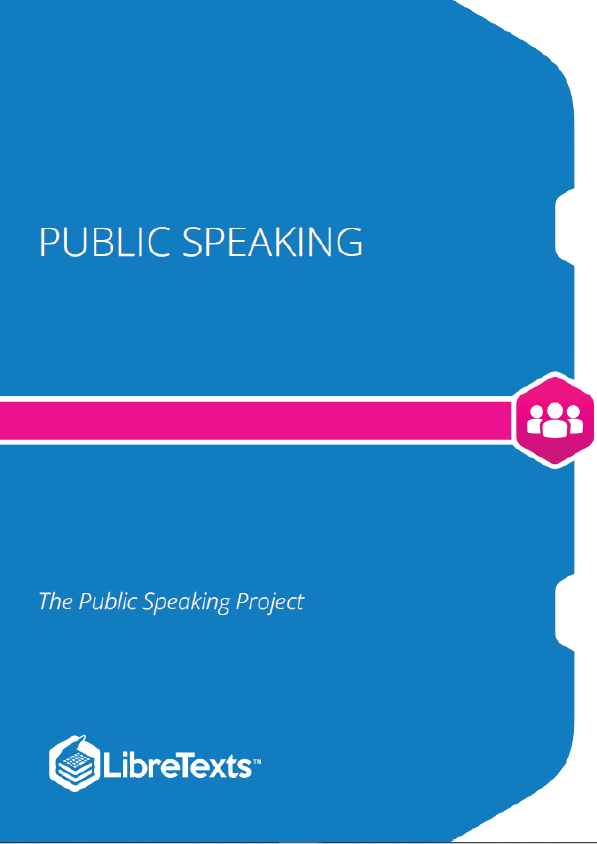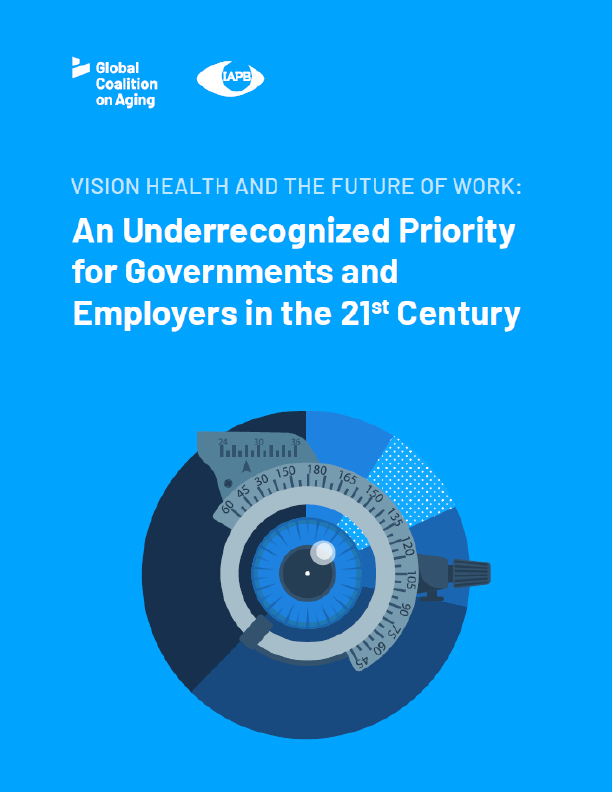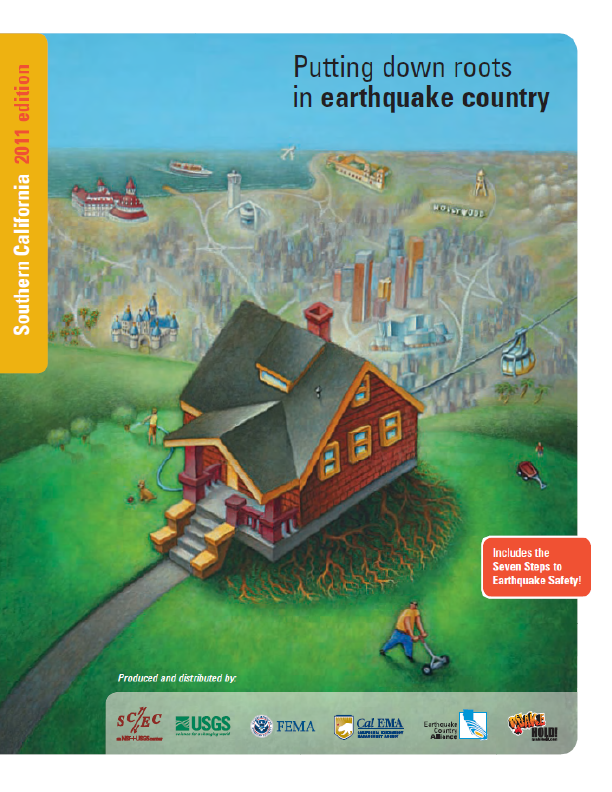Humans’ ability to communicate using formalized systems of language sets us apart from other living creatures on the Earth. Whether these language conventions make us superior to other creatures is debatable, but there is no question that overall, the most successful and most powerful people over the centuries have mastered the ability to communicate effectively. In fact, the skill of speaking is so important that it has been formally taught for thousands of years (see Chapter 2 “The Origins of Public Speaking” by DeCaro).
The ironic feature of public speaking is that while we recognize that it is an important skill to have, many of us do not like or want to give speeches. You may be reading this book because it was assigned to you in a class, or you may be reading it because you have to give a speech in your personal or professional life. If you are reading this book because you like public speaking or you have a burning desire to learn more about it, you’re in the minority.
The good news about public speaking is that although it may not be on the top of the list of our favorite activities, anyone can learn to give effective presentations. You don’t have to look like a Hollywood star and you don’t have to use fancy words to be a successful speaker. What is important is that the audience understands you and remembers what you have to say. By learning and using the techniques provided in this book, you will discover how to create engaging speeches and present them using your own delivery style.
The purpose of this chapter is to familiarize readers with the basic concepts of communication and public speaking. The chapter begins with a description of the personal, professional, and public benefits of learning more about public speaking. Then the transactional model of communication is introduced along with the fundamental components of the communication process. Next, readers will learn about different types of speeches and the occasions for which they would be presented. The chapter ends with an overview of eleven primary public speaking competencies.
Benefits of Public Speaking
American Colleges and Universities, there are a core set of skills that are necessary “both for a globally engaged democracy and for a dynamic innovation fueled economy” (Rhodes, 2010, p. 10). In the category of “Intellectual and practical skills” public speaking is listed as one of these core skills. This is not particularly surprising given that communication skills are critical for intellectual development, career trajectory, and civic engagement. Public speaking is universally applicable to all types of majors and occupations and is seen by U.S. employers as a critical employability skill for job seekers (Rockler-Gladen, 2009; U.S. Department of Labor, 2000). No matter what your ambitions and interests are, developing speaking skills will benefit your personal, professional, and public life.











